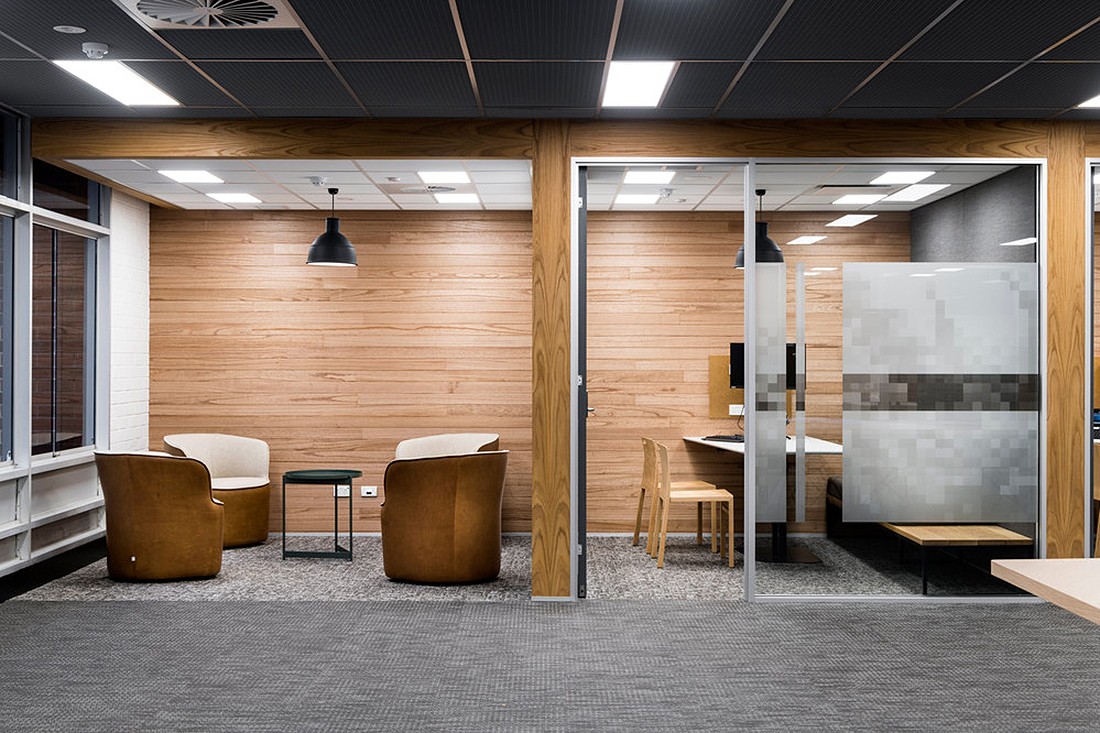

The incubator also partners with brands and corporations to help with pilot programs and tech advancement. It's one of the 20 most active incubators in the country, DreamIt is all about helping entrepreneurs scale via securing capital and customers. DreamIt Ventures : DreamIt focuses on the trifecta of the startup world - startups themselves, investors and corporate innovators. Mail services, virtual conference rooms and access to mailing lists and mentorship are at the heart of this program.Ĥ. You can access the incubator program for support services, counseling, admin support and shared equipment.

Emerging businesses, startups and job creation are the goals of the eFactory. eFactory : Based at Missouri State University, recipients are startups that aren't physically nearby but are a good match for the program goals. While by no means comprehensive, each of these offers a unique set of features and accommodations.ģ. With a number of highly successful, reputable offsite incubators available, I've evaluated a distributed handful. The latter might be a little intimidating with a seeming lack of in-person support, but can offer new networks, relationships, and options that you won't get anywhere else. Others operate on an off-site or virtual basis, remotely serving start-up businesses independent of geographical location. Some incubators are located in an actual physical space designed for consistent, in-person training, support and networking. The ROI of public investment was calculated at $4.96 for every $1 of public operating subsidy. They're also driving high return on investment doing so.Ī popular Connecticut study entitled Business Incubation: A Key ingredient to Economic Growth and Recovery, argued business incubators as a "best value" in economic development, based on low program costs and a high return on investment to communities. These incubators offered startups, entrepreneurs and small businesses the support, expertise and tools necessary to succeed in increasingly competitive markets. In 1980, approximately 12 business incubators were operating in the United States. The idea for early-stage companies to share facilities in a business incubator became popular in the late 1970s.


 0 kommentar(er)
0 kommentar(er)
